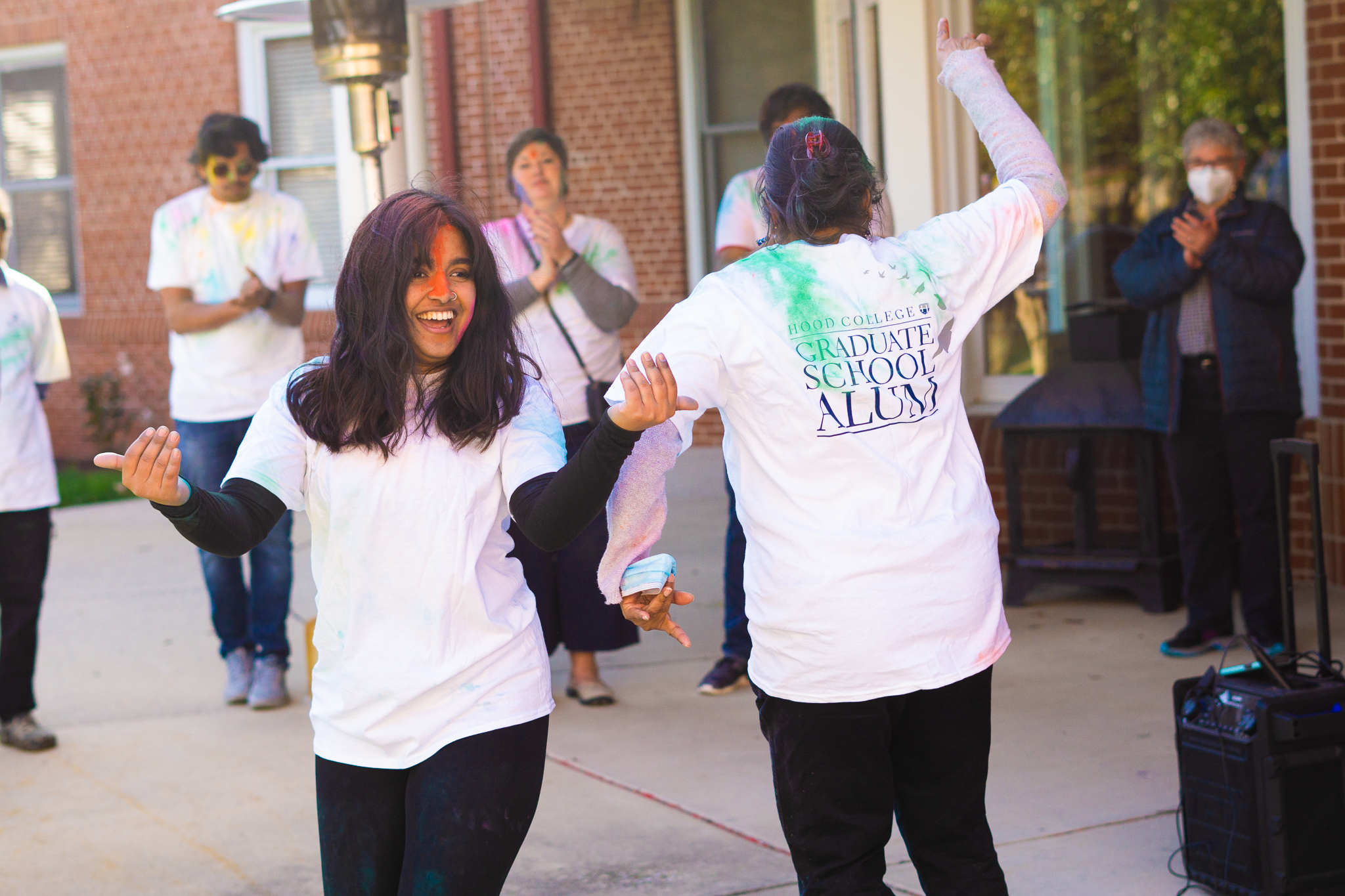
By Rachel Shaw
Hood College is home to international students from over 40 countries this spring semester.
“We have a total of 85 [international] students this spring semester, 68 graduate students and 17 undergraduate students,” said Amani Al-Dajane, the director of International Student Services.
Some of the international students at Hood have noticed things in America that are different than in their home countries, such as the way our cities and towns are structured compared to the rest of the world.
“I’ve noticed that the buildings are very low, and everything is spaced out,” said junior Naba Fawzi, who is Iraqi and grew up in Malaysia.
Students also noticed that it is hard to get around here without a car. Many students commented on how little public transportation we have here in the States.
“In general, you always need a car to go to places, the public transport at home is so much more used. People at home bike everywhere, even to work and stuff or take the train and barely drive,” said sophomore Éline Witomsky, who is German and French. “I wish America had better public transportation and made biking more accessible, people at home bike everywhere and here I barely even see people biking for fun.”
Other students mentioned things that they liked about America, such as how common it is for people to talk to each other in public.
“I noticed that people are usually very kind to each other, and even strangers have small talk,” Fawzi said.
You can imagine the culture shock international students must experience when they come to the states and suddenly strangers are starting up a conversation with them.
“In the US everyone uses the phrase ‘how are you’ as a greeting, which we don’t do,” Witomski said. “This question is quite personal actually. In the beginning I always answered honestly until I understood that it was just a greeting.”
Another student said that America should have a stronger sense of public good.
“I think there needs to be more community relationships and be close to those who are around and care for everyone and not go on just for yourself,” said first-year Ibtisam Alafghani, who was born and raised in Palestine, and whose family lives in Egypt.
“People here don’t appreciate much about the beauty around them and the many opportunities they actually have in life, other people would die for these,” Alafghani went on.
Coming from and living in so many other countries, students spoke about coming to America and noticing all that Americans take for granted.
“Americans don’t realize that living in America is fairly easy compared to living in other countries,” Fawzi said.
Another student mentioned how they felt bad for American young adults who are expected or even forced to pursue higher education.
“What if studying is just not your thing?” Witomsky said. “At home many students do not get a college degree after high school, they just do an apprenticeship and some of them become much more successful than people who went to college.”
Many international students also grew up with American television and are surprised to learn that many American stereotypes in TV weren’t made up for Hollywood.
“I didn’t know that school buses, water fountains, and red solo cups were not just something from the movies, and that it is actually real…crazy,” Witomsky said.
Even though the Hollywood stereotypes seem to only live within the States, some international students say that Americans are still very easy to spot in other countries.
“I think every time I met an American outside of the U.S., I knew it because they complained about how complicated some processes were in that country like paperwork, getting things done, and how inefficient things are,” Alafghani said.
“I can usually tell from the accent and the way they dress,” Fawzi said.
All in all, having such a vast international population on Hood’s campus is part of what makes it so special. It provides students and other members of the Hood community with the opportunity to get to know these students and their stories and to learn more about the world.

Be the first to comment